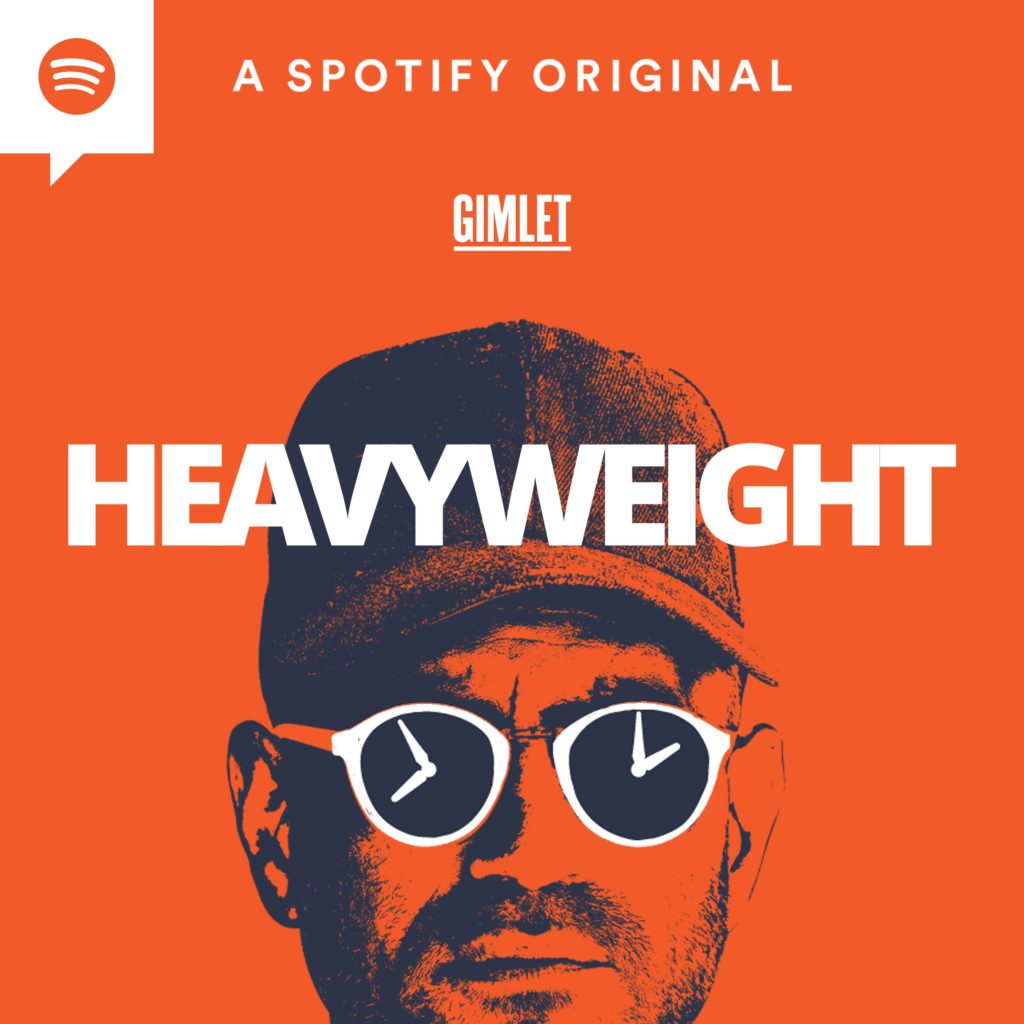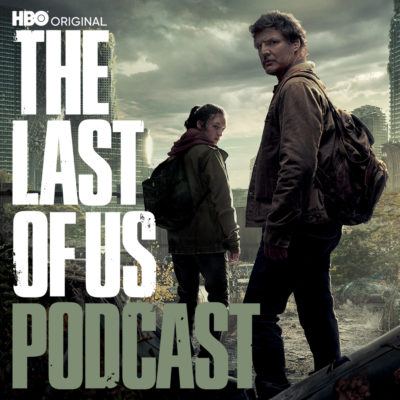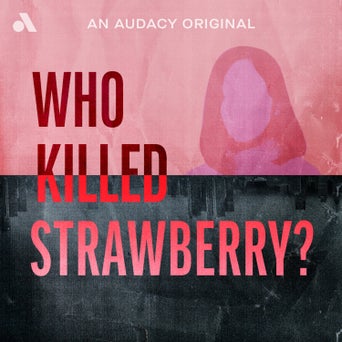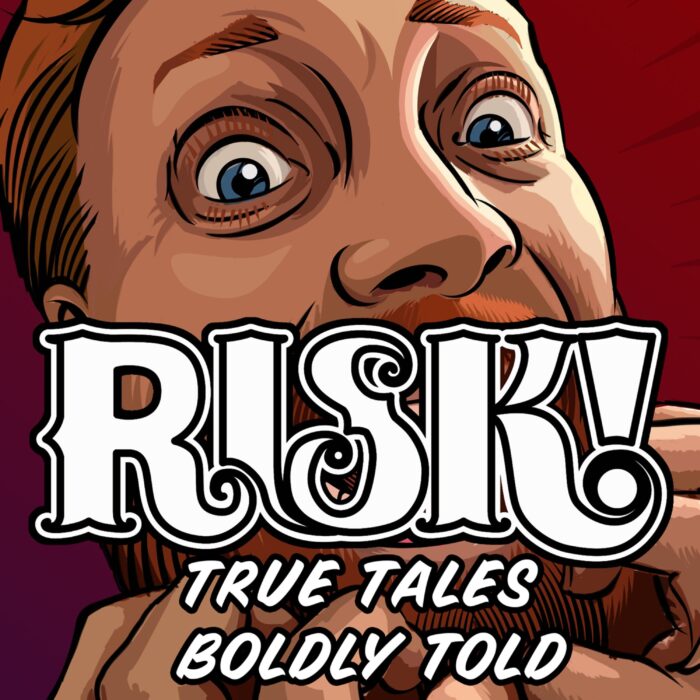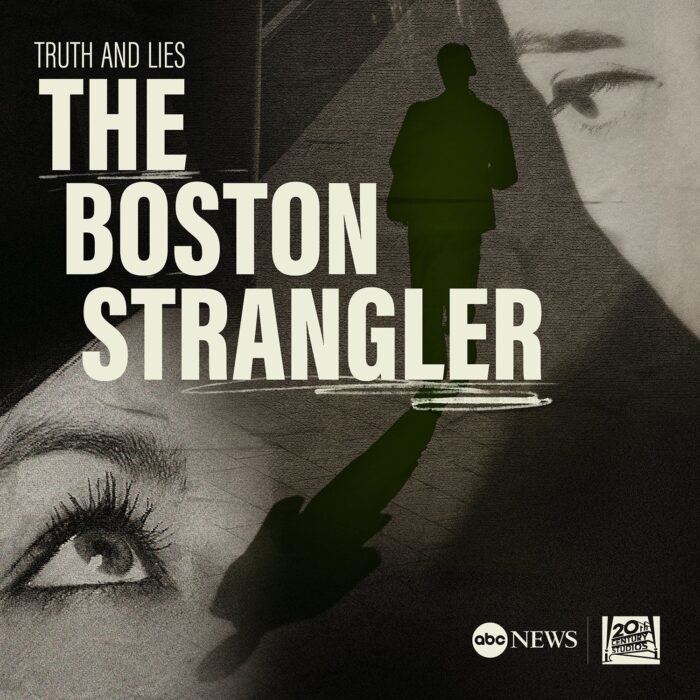‘Conversations with People Who Hate Me’ reframes online vitriol by bringing people face-to-face with the keyboard warriors who slandered them
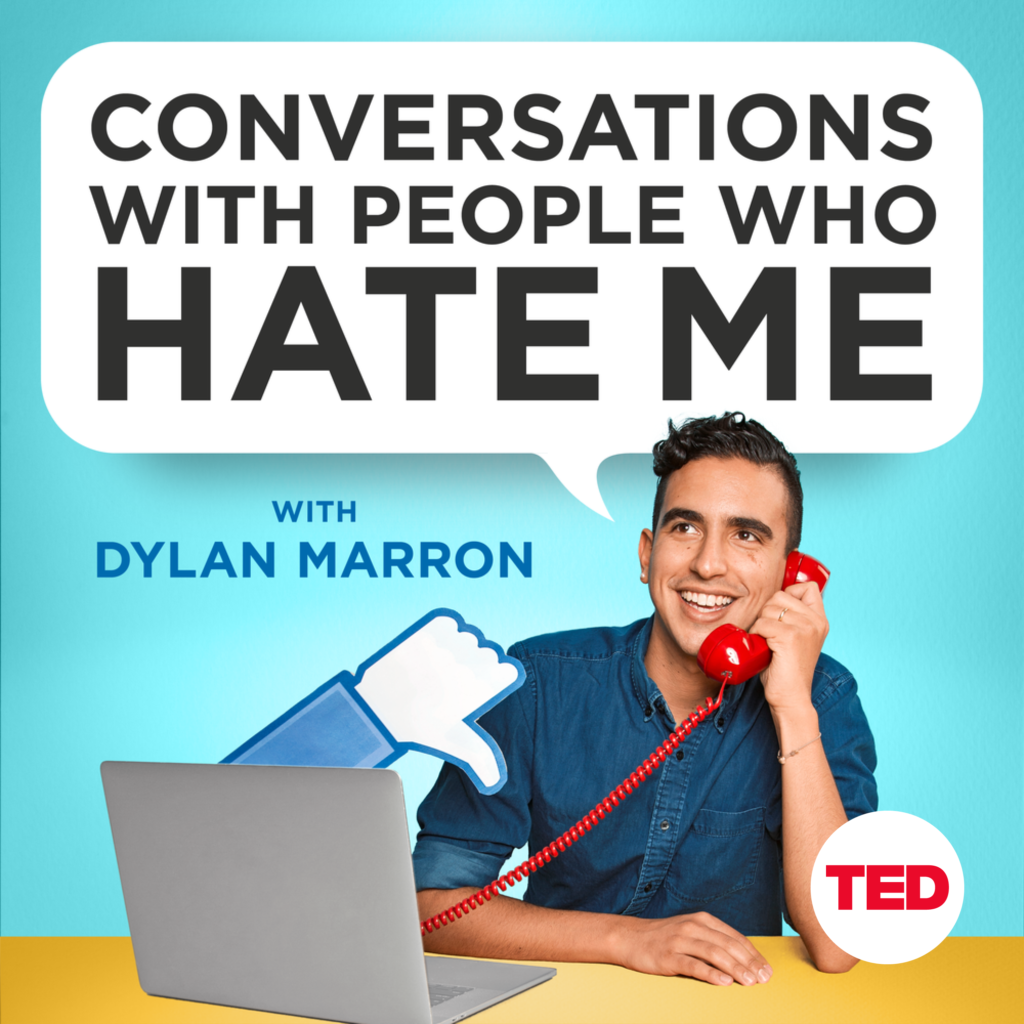
Officially back after a two year hiatus, “Conversations with People Who Hate Me” is bringing us new internet feuds to resolve. In an era where vitriolic comments can be launched at online enemies in near-total anonymity, Dylan Marron is here to remind us that there is (most often) another person on the other side of the screen. On his TED podcast, he brings together total strangers, old friends, and disgruntled family members who needed a reminder that the internet can be an isolationist wasteland, and a single phone call can solve a whole lot of problems.
Is Dylan the worst?
“Conversations with People Who Hate Me” began in the summer of 2017, with its first nine episodes actually focusing in on Dylan and the people who have sent him hate over the internet. He speaks with people who have told him that he was “the reason this country is dividing itself,” “condescending as f*ck,” called him a “piece of sh*t,” and even told him to kill himself.
While Dylan leads a rather political life (he’s made many social justice videos that have gone viral) and obviously much of the feuding online leans very political, he makes sure to not make this a left vs. right podcast. He reaches out to both sides of the aisle that hate him, speaking to left-leaning hate commenters who post that he “represents the worst aspects of liberalism” and a fellow gay man who called Dylan a “flaming homo, sissy, and idiot.”
Since those first nine episodes, “Conversations with People Who Hate Me” has now recorded nearly 40 episodes that instead involve Dylan moderating conversations between anonymous strangers, feuding friends, and estranged family. This is not a “Gotcha!” show, though; it’s instead dedicated to bringing people together despite their differences, the comments they unthinkingly wrote on a bad day, and their misunderstandings. Episodes are typically 40 minutes long.
All of these episodes are so much deeper than they seem, not unlike the profiles and posts we see on the internet. Dylan has brought together two teenagers from opposite sides of the political spectrum to speak about guns. He’s had on people who disagree on using the term Latinx instead of Latino or Latina, and he’s even reconnected (and helped with the reconciliation of) old friends who were torn apart by their Facebook posts about the 2016 election. He’s had on Bob The Drag Queen to speak with a commenter who simply wrote “I really really really don’t like Bob The Drag Queen,” and even the Peloton husband (from that iconic Peloton commercial) and a man who called him a loser.
The Trans Ban
An episode that is far more than meets the eye, though, was “Episode 11: The Trans Ban” with Tyler Gilmore and Maddie Makara. Tyler is a gay man and a Marine veteran who was deployed when Don’t Ask, Don’t Tell was repealed in 2011. In 2017, Tyler posted his support of Donald Trump’s transgender military ban, although he did not support the way Trump both announced it and defended it. Maddie also served in the military – for 16 years she served in a unique position as a musician in the Marine Corps Band. And even more recently, she came out as a trans woman.
Dylan hosts an extremely interesting and nuanced conversation with the two of them: Tyler explaining that he was surprised by how many people, especially liberals, were against the ban considering they also seemed to be against the military industrial complex as a whole. In his since-deleted post, which he also explains was deleted because he doesn’t want potential employers to judge him based on it, comments and accusations became more and more intricate and vitriolic. He also tells Dylan and Maddie how he researched the transition process and the treatment it can entail, coupled with the fact that steroids are illegal in the military due to the way they disrupt hormones.
But, there is no denying that the two share a lot in common – not only their love for the Marines, but their identities both being oppressed within their military community. Tyler lost friends when he came out after Don’t Ask, Don’t Tell‘s repeal, spiraling into a deep depression and consumed with suicidal thoughts. He supported the transgender ban because he knew that coming out as gay in the military nearly killed him, and coming out as trans and the process of transitioning while serving would most likely be even worse.
Maddie takes her turn to explain that the idea that all trans people want to medically transition is a monolithic assumption, and the transgender community is a wide spectrum of people who have different ways of transitioning. She and Dylan explain how “The Trans Ban” is essentially Don’t Ask, Don’t Tell: on paper, the policy perhaps made sense to some, but creating policy that bans a certain group of people creates biases that then only serve to endanger closeted military members and restricts people like both Tyler and Maddie from joining.
There is a lot more discussed in the episode than this, but this conflict and episode of “Conversations with People Who Hate Me” showcases what the show is about. It’s a way to get people to look beyond the keyboard and get to know the human on the other side of the screen. Every episode of this podcast is surprising, heartfelt, and compelling. It shows that there are very little things that are black and white, both online and in the real world, which is a reminder all of us could use every once in a while.


